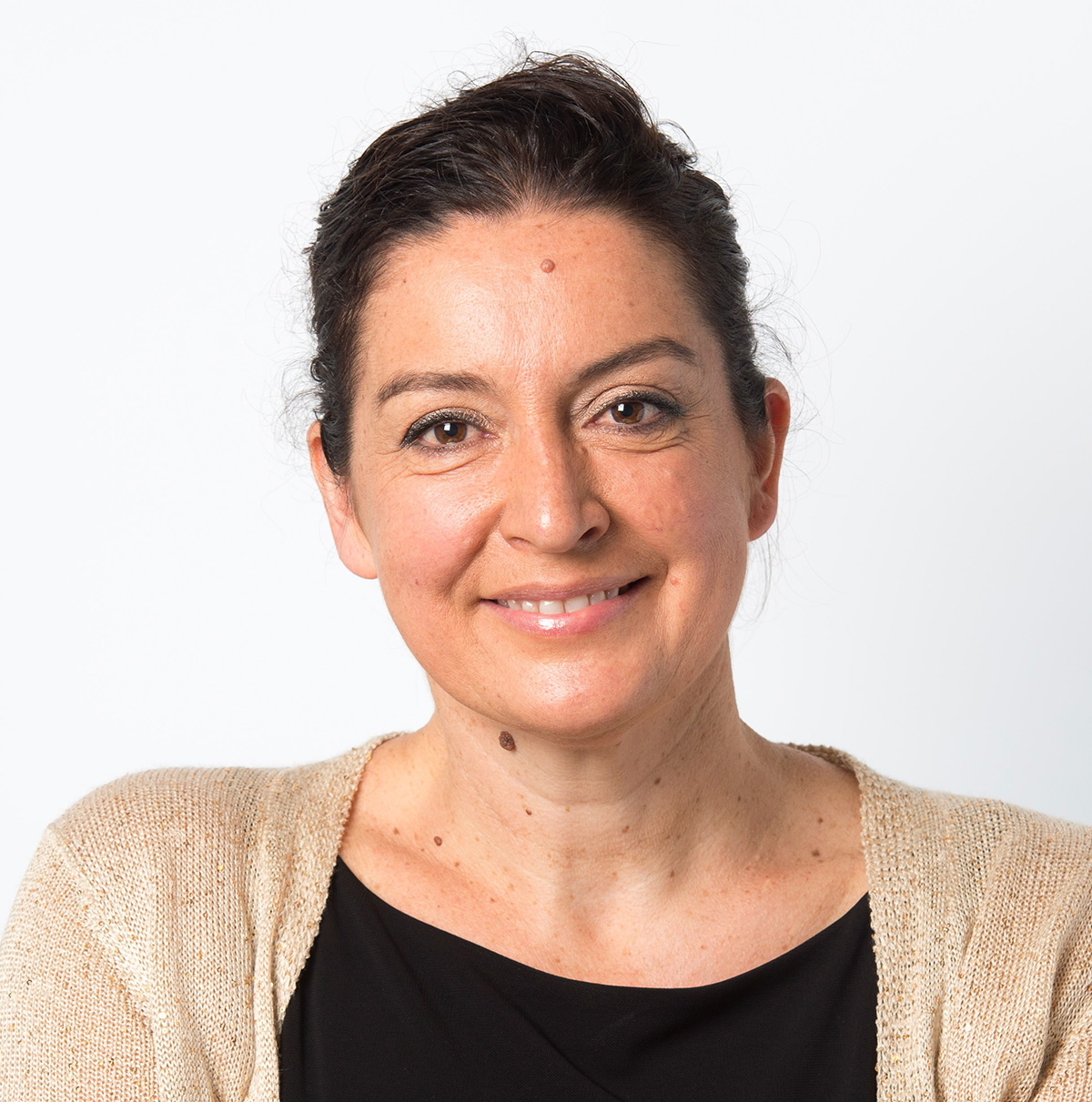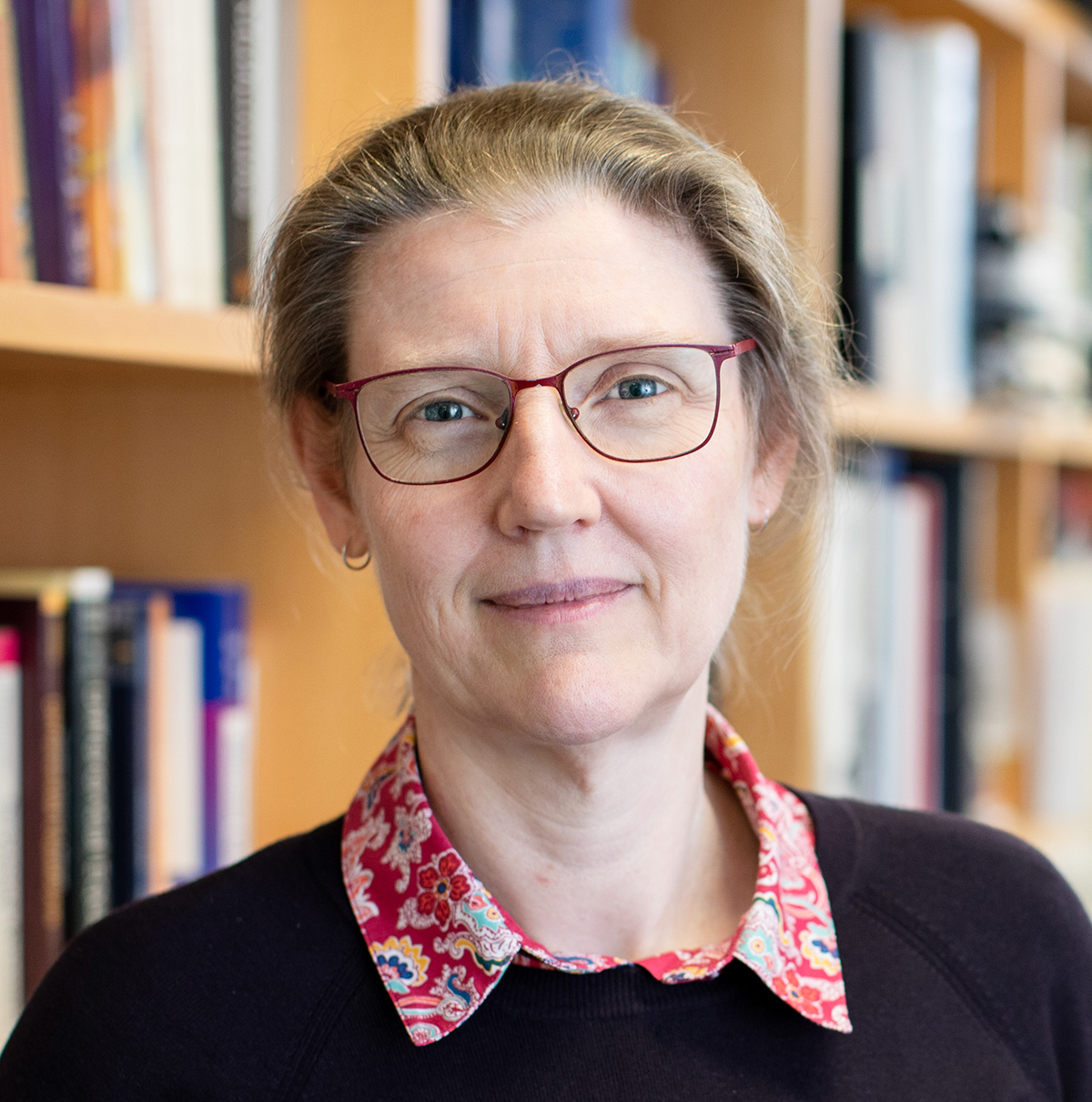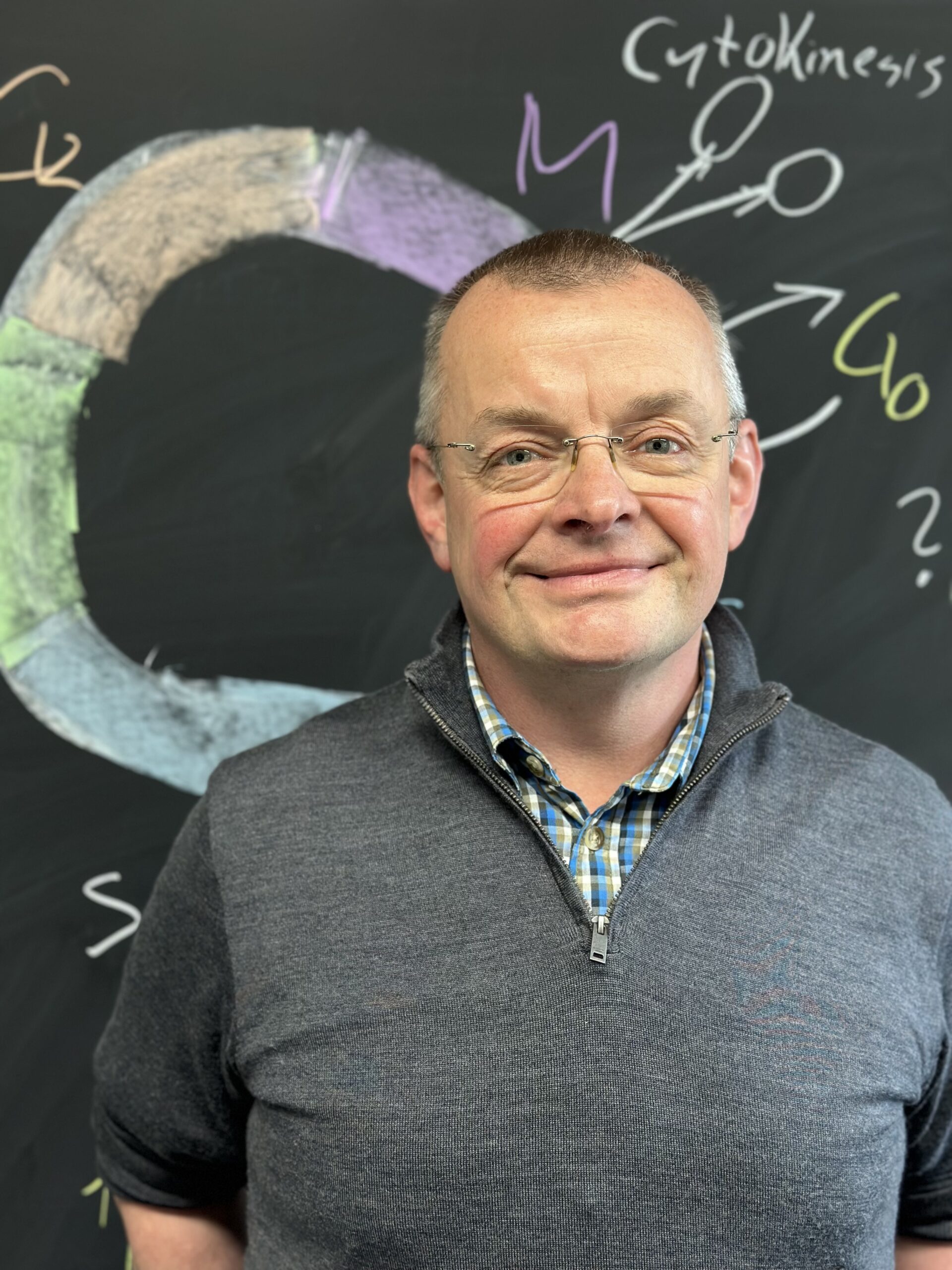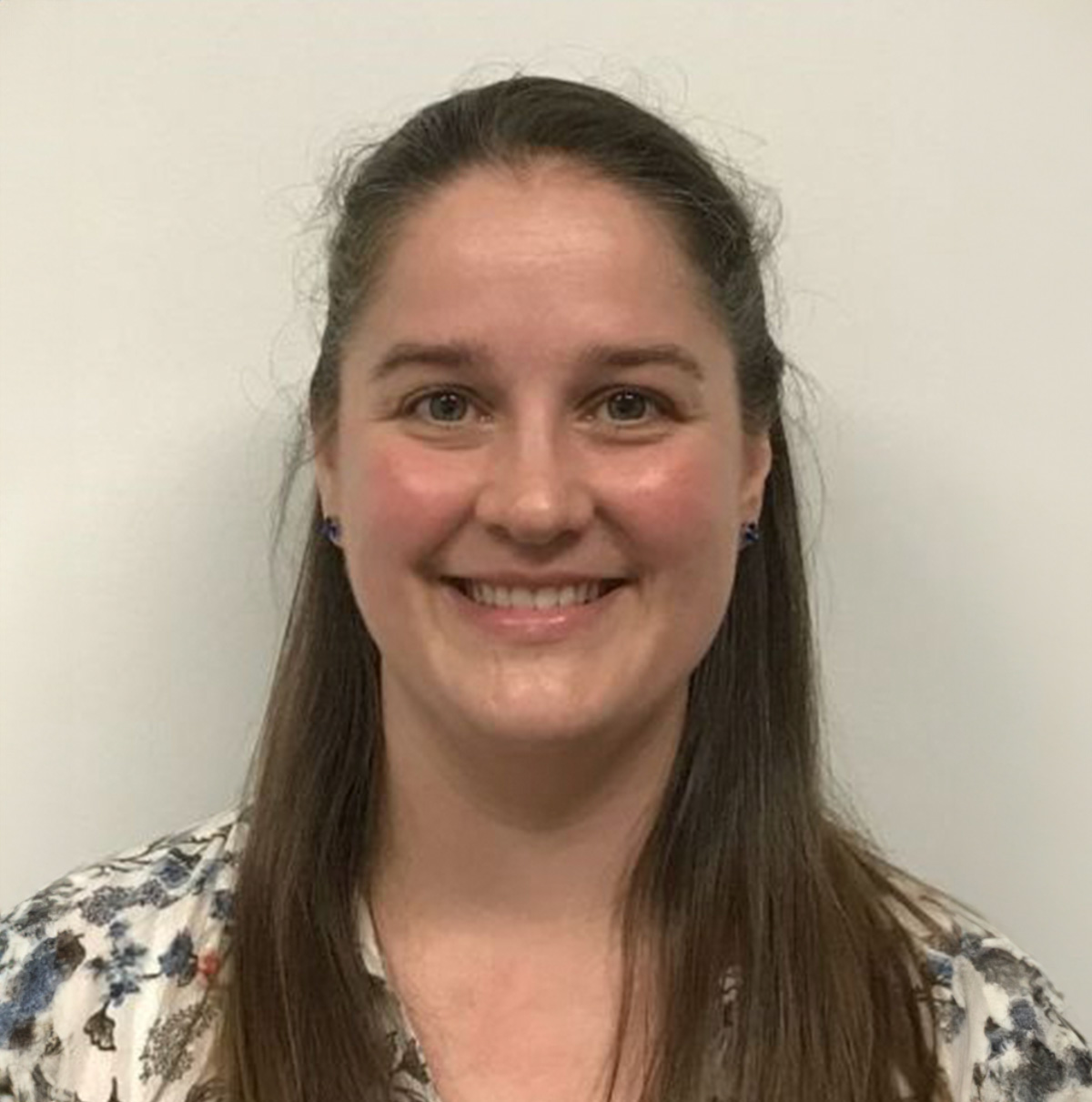Jean (Jiayu) Wen
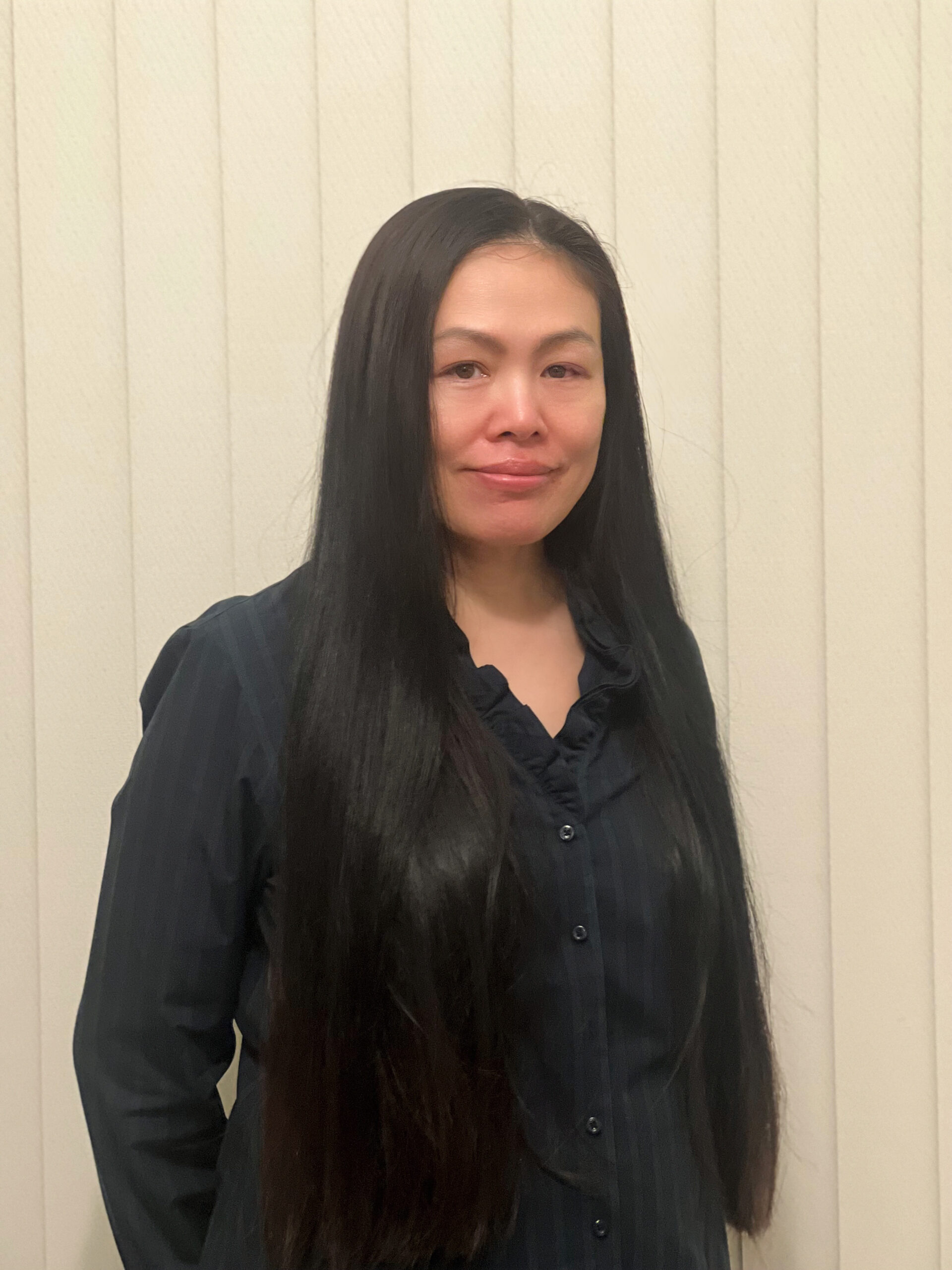
Operations Committee
Node Leader
Associate Professor Jean (Jiayu) Wen is a computational biologist with expertise in computational and statistical method development, machine learning, high-throughput genomic data analysis, and molecular biology experiments to model gene regulatory interaction.
Wen is an Associate Professor at The John Curtin School of Medical Research at Australian National University (ANU) where she holds an Australian Research Council (ARC) Future Fellowship (2017-22), an ARC Discovery Project (2022-25), and an ANU Future Scheme Fellowship (2019-23). She has extensive experience developing computational methods and machine learning models of diverse modes of gene regulatory networks. Her work has made original contributions to both computational methodological advances and novel biological discoveries, evidenced by her consistently highly cited publications in the top journals of the field, with over 50% of her papers having appeared in the top 1-2% of journals in the field of computational biology and genomics.
Her research is in close collaboration with investigators from diverse disciplines, and she has established many strong national (6 current) and international (10 current) collaborations with world-leading computational and experimental biologists. The current goal of her research group is to make use of machine learning, computational and statistical method development, and the power of deep sequencing approaches combined with experimental validation to explore diverse modes of gene regulatory networks. Her skills and expertise in integrative computational models of gene regulation networks, founded on her research training in these areas in world-leading gene regulation laboratories (Memorial Sloan-Kettering Institute and Copenhagen University), are of particular importance for the data-driven modelling approaches.
Matthew Simpson
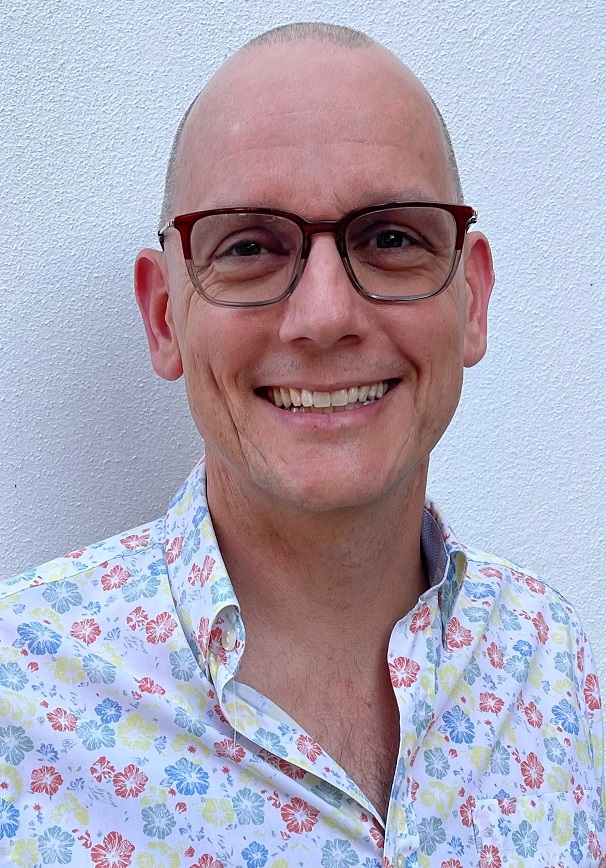
Operations Committee
Deputy Director (Translation)
Professor Matthew Simpson is an internationally recognised leader in mathematical biology, and he holds position as Professor of applied mathematics and Queensland University of Technology.
Professor Simpson’s research experience in mathematical biology has led to more than 200 journal articles covering both theoretical and practical aspects of mathematical biology. This research includes the development of new mathematical theory and methodologies, as well as deploying these theoretical tools to interrogate and understand various biological phenomena, often focusing on population-level biological systems ranging from development to tissue repair phenomena.
As Editor-in-Chief of the Bulletin of Mathematical Biology, Professor Simpson leads the main publication associated with the international Society for Mathematical Biology, and he is Deputy Chair of ANZIAM, which is a Division of the Australian Mathematical Society whose members are interested in applied mathematics, research in applied mathematics and tertiary mathematics education.
Michael McDonald

Operations Committee
Node Leader
Associate Professor Michael McDonald leads the Microbial Experimental Evolution laboratory in the School of Biological Sciences at Monash University and has established himself as a national leader for research at the interface of evolution, genomics, and microbiology.
Dr McDonald’s research group in the School of Biological Sciences at Monash University has the rare attribute of working with diverse microbial organisms: classic model organisms (E. coli, baker’s yeast, and the yeast C. albicans) as well as new model systems he has developed for experimental evolution – H. pylori, A. baumannii and A. baylyi (horizontal gene transfer and recombination), L. plantarum and C. albicans (experimental co-evolution) and bacteriophage. This versatility is important for the research aim of MACSYS: to construct whole-cell models for diverse prokaryotic and eukaryotic organisms. Dr McDonald and his research group will lead MACSYS efforts to use whole-cell models to predict the outcomes of evolution.
Traude Beilharz
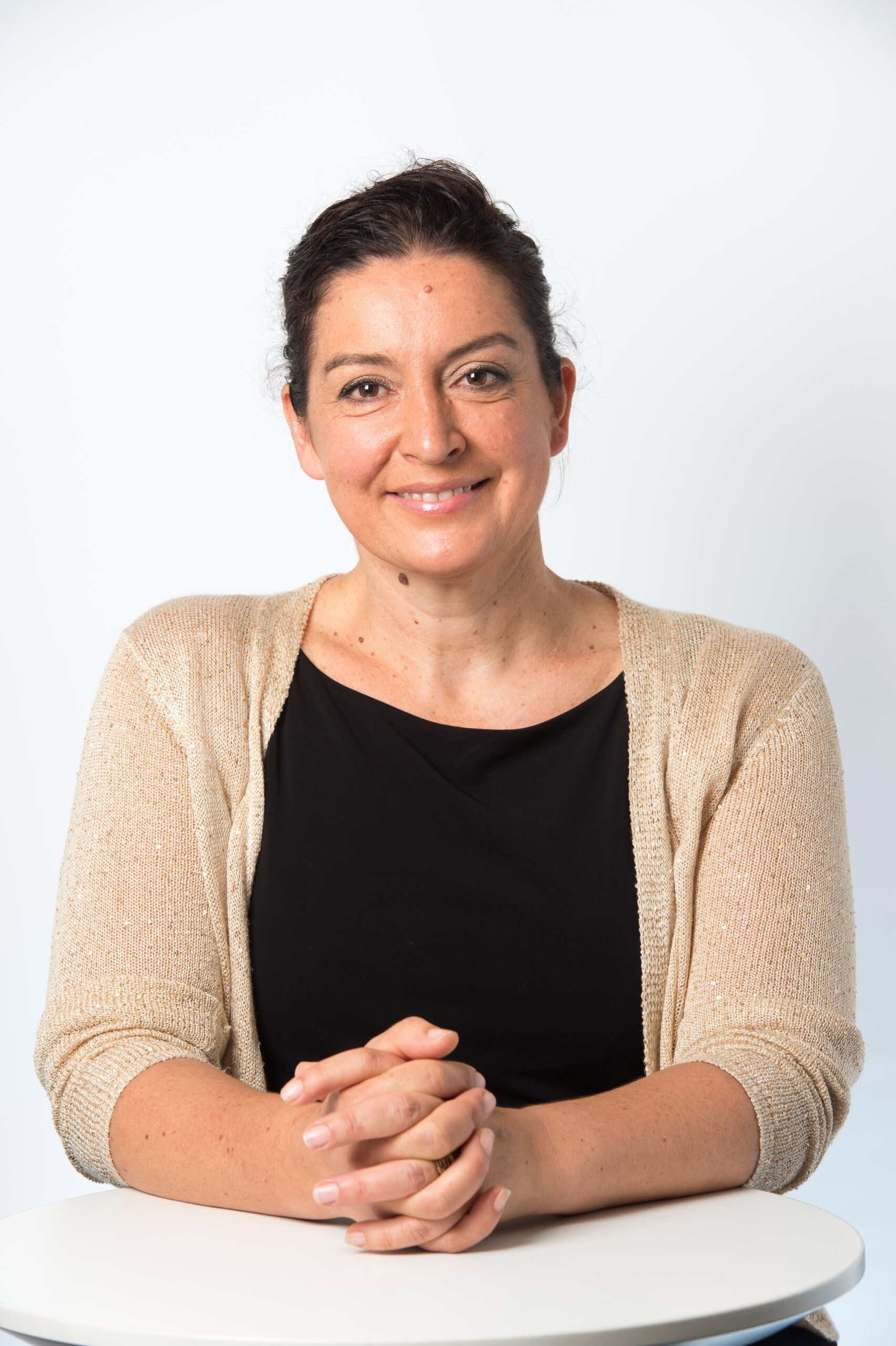
Operations Committee
Deputy Director (Operations)
Professor Traude Beilharz is an RNA biologist and biochemist with interests that span the birth, life and death of RNA in cells as they adapt to change. MACSYS combines her love of collaboration, data-driven research and the cell biology of Baker’s yeast, Saccharomyces cerevisiae.
Traude believes that the skills learned and the tools built in pursuit of whole-cell models will enable a new academic discipline -Predictive Biology- and create career paths toward research and entrepreneurship in digital biology.
As Deputy Director (Operations), Traude enables excellence by supporting the thriving of the Centre’s diversity. She applies her mindset and leadership coaching qualifications to support MACSYS people so that each feels safe to bring their ideas, creativity and ambition -knowing that this looks different in each of us and that the Centre’s success depends on it.
Marc Wilkins

Operations Committee
Node Leader
Marc Wilkins is a Professor in the School of Biotechnology and Biomolecular Sciences at UNSW Sydney where he leads an Australian Research Council-funded proteomics and molecular systems biology lab.
Professor Wilkins brings 25 years of experience in proteomics research, and 12 years’ experience in molecular systems biology of the yeast, Saccharomyces cerevisiae. His reputation as a leader in the field of proteomics, especially protein post-translational modifications, is reflected in his more than 240 journal publications and over 30k citations (Google scholar). He also has extensive experience in the generation and analysis of genomic and transcriptomic data, using short- and long-read next-generation sequencing techniques.
Professor Wilkins has additional experience in the management and growth of major research infrastructure, serving as Director of the Ramaciotti Centre for Genomics from 2011 to 2022. This Centre is the largest such facility at any Australian University, is infrastructure of national significance and funded under the NCRIS program. Typically, it analyses over 60,000 samples per annum for the genomics research community – the majority by next-generation sequencing techniques.
In addition to his academic profile, Professor Wilkins has six years’ full time experience in industry, having co-founded two biotechnology companies. These companies, both which were listed on the Australian Securities Exchange (ASX), took analytical instrumentation, software, in-field testing devices or live cell products to market. Professor Wilkins has also advised the NSW State Government, the Australian Government and the Government of New Zealand on aspects of science policy.
Adelle Coster

Operations Committee
Deputy Director (Research)
Professor Adelle Coster is a Professor in Applied Mathematics with long-standing research collaborations both nationally and internationally with leading medical research institutes and universities.
Professor Coster has previously served on the Academic Board of UNSW Sydney for a decade (2004-14) and subsequently as Deputy Head of the School of Mathematics and Statistics (2019-20). Since 2020 Professor Coster has served as Head of the School of Mathematics and Statistics at UNSW Sydney. She is also a Past-President of the Australian Society for Biophysics and an editor of Mathematical Biosciences (Elsevier).
Professor Coster uses dynamical systems, stochastic modelling, and queueing theory to develop mathematical models and solutions to real world problems – largely in the areas of medicine and biology. She uses hypothesis and data-driven approaches to build quantitative mathematical models of the processes driving change in the systems under investigation. The models are then systematically analysed, perturbed, optimised and refined to best represent the known characteristics of the system. She draws on her biophysical knowledge of the specific biology and experimental techniques to ensure that the mathematical models are indeed biologically realistic, rather than simply biologically inspired.
Jennifer Flegg

Operations Committee
Node Leader
Professor Jennifer Flegg is an applied mathematician in the School of Mathematics and Statistics at the University of Melbourne. Professor Flegg is an established international academic leader in mathematical biology with a focus on developing mathematical models of biological phenomena and calibrating them to data.
Professor Flegg’s research focuses on using mathematics and statistics to answer questions in biology and medicine, with a particular emphasis on mathematical models in areas such as wound healing, tumour growth and infectious disease epidemiology.
Professor Flegg has an extensive publication record in peer-reviewed journals and has been awarded several prestigious honours for her work, including the JH Michell Medal in 2020 for excellence in research by ANZIAM (Australian and New Zealand Industrial and Applied Mathematics), the Christopher Heyde Medal in 2020 from the Australian Academy of Science and the Society for Mathematical Biology Leah Edelstein-Keshet Prize in 2021. She also serves as an Editorial Board member for PLOS Computational Biology, eLife, Bulletin of Mathematical Biology and SIAM Journal on Applied Mathematics.
Michael Stumpf

Operations Committee
Director
Professor Michael Stumpf is a well-known physicist and applied mathematician. He is an internationally recognised leader in theoretical and systems biology, with expertise across mathematical, statistical, and biological research.
Professor Stumpf’s research focuses on developing mathematical and computational models to understand complex biological systems, with a particular emphasis on the immune system and infectious diseases. He has also worked on a range of other interdisciplinary topics, such as network science, statistical physics, and computational neuroscience.
Professor Stumpf has published over 100 research papers in peer-reviewed journals and has been awarded several prestigious honours for his work, including the Philip Leverhulme Prize in 2007 and the Royal Society Wolfson Research Merit Award in 2012. He is also a Fellow of the Royal Society of Biology and a Fellow of the Institute of Physics.
Emily Duane

Operations Committee
Chief Operating Officer
Dr Emily Duane is the Centre’s Chief Operating Officer. She holds a Bachelor of Commerce, Bachelor of Science (Honours) and a PhD in Operations Research, all from The University of Melbourne.
During her PhD she developed novel mathematical solution algorithms for automatic scheduling of cranes at seaport container terminals. Her work provided new insights into the creation of cost effective schedules for this operationally complex problem and will guide future algorithm development in this area.
Since 2003 Emily has worked in various university administrative roles, and was Chief Operating Officer of the ARC Centre of Excellence for Mathematical and Statistical Frontiers.
Emily appreciates and understands the fundamental importance of the mathematical sciences, and is passionate about supporting and promoting the mathematical sciences in Australia.



